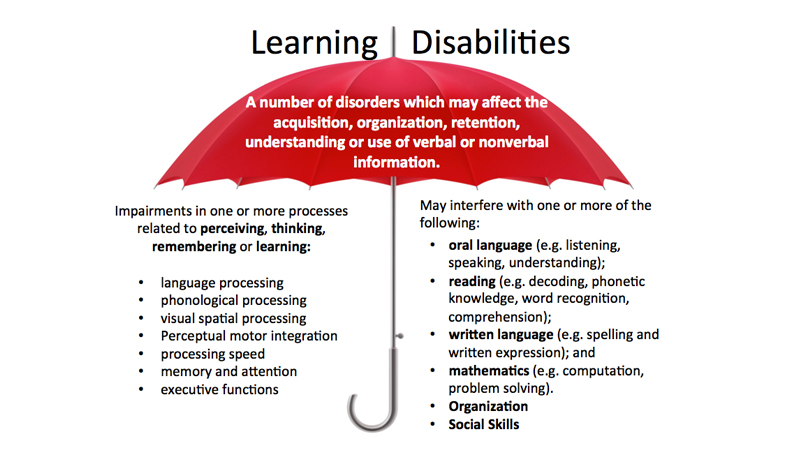Understanding the Neurological Aspects of Learning Disabilities in Children

Understanding the Neurological Aspects of Learning Disabilities in Children
Introduction:
In the realm of pediatric neurology, understanding the intricate relationship between neurological factors and learning disabilities in children is crucial. Dr. Amit Vatkar, a distinguished pediatric neurologist at Adilife Polyclinic, brings his expertise to shed light on these vital aspects. This article delves into the neurological basis of learning disabilities and unveils effective strategies for providing essential educational support to children facing these challenges.
Neurological Factors Contributing to Learning Disabilities:
Learning disabilities are often rooted in the brain's complex functions. Dr. Vatkar explains that various neurological factors can contribute to learning difficulties in children. These may include:
- Neurodevelopmental Disorders Conditions like ADHD, dyslexia, and language disorders can impact a child's ability to process information, affecting reading, writing, and comprehension skills.
- Brain Connectivity Disruptions in the neural pathways responsible for information processing and communication can hinder a child's learning capabilities.
- Executive Function Deficits Difficulties in tasks like organization, time management, and impulse control can hinder a child's academic progress.
Strategies for Educational Support:
Dr. Amit Vatkar emphasizes that a multidimensional approach is vital to effectively support children with learning disabilities in their educational journey. Here are some strategies he recommends:
- Early Identification and Intervention Timely assessment and diagnosis can lead to early intervention, allowing tailored support to address learning challenges before they escalate.
- Individualized Education Plans (IEPs) Collaborating with educators to create personalized learning plans ensures that a child's specific needs are met, helping them thrive in a supportive environment.
- Assistive Technologies Utilizing technology tools, such as text-to-speech software and adaptive learning apps, can help children overcome barriers and enhance their learning experience.
- Multisensory Approaches Engaging multiple senses during learning, like incorporating visual aids and hands-on activities, can improve information retention and understanding.
- Mindfulness and Stress Reduction Teaching relaxation techniques can help children manage anxiety and stress, optimizing their cognitive functioning.
- Parental Involvement Dr. Vatkar highlights the importance of involving parents in the child's learning journey, fostering a cohesive approach between home and school environments.
Conclusion:
In the realm of pediatric neurology, Dr. Amit Vatkar stands as a guiding beacon, providing valuable insights into the neurological aspects of learning disabilities in children. By understanding the underlying factors and implementing effective strategies for educational support, children with learning challenges can embark on a path of success and self-discovery.